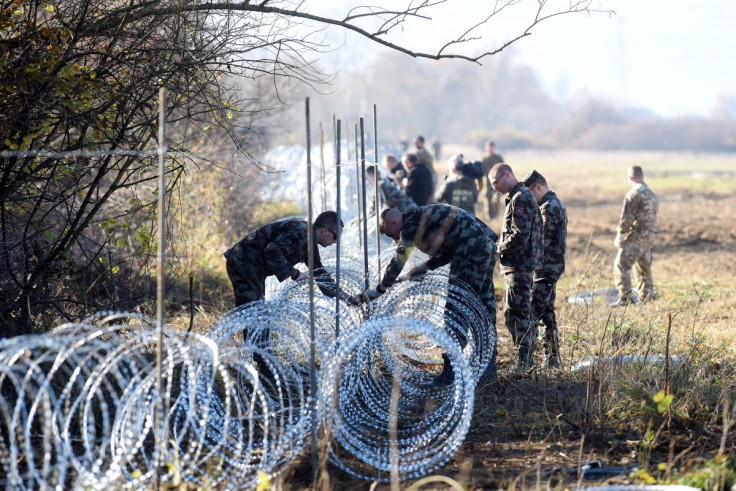Schengen: Europe faces 'race against time' to save passport-free travel zone

Europe is facing a "race against time" to save its passport-free movement system, the president of the European Council has warned. Struggling to cope with the sheer volume of refugees, Sweden has become the latest EU Member State to reimpose border controls and Donald Tusk said that it is likely that more countries will follow.
"Saving Schengen is a race against time and we are determined to win that race. Without effective control on our external borders, the Schengen rules will not survive," said Tusk. He added that "time is running out" to rescue the travel zone which has functioned for 30 years.
A summit in the Maltese capital of Valletta to reach an agreement to repatriate African migrants to their country of origin folded as leaders failed by some way to reach an agreement over funding. European Commission President Jean-Claude Juncker urged states to give €1.8bn (£1.28bn, $1.95bn) in aid, which would be doubled by central EU funds, but a paltry sum of €78m (£55.3m, $84.3m) - less than one twentieth of the target - was offered by leaders.
"For the saving of banks, in one night we have hundreds of millions of euros. For saving lives, we are relatively reluctant," the president of the European Parliament, Martin Schulz said at the response.
"Let there be no doubt, the future of Schengen is at stake and time is running out. The clock is ticking, we are under pressure, we need to act fast," Tusk said. In the first 10 months of 2015, 1.2 million illegal crossings were made at the bloc's external borders.
Under pressure to deal with the huge number of arrivals, Sweden temporarily enforced passport checks on arrivals from other EU countries while Germany has introduced new measures and Slovenia has raised razor wire frontier fences. Hungary had already built such fences back in September and Austria is planning to do so on its border with Slovenia.
Should such measures become permanent, it would threaten the Schengen zone's fundamental principle of freedom of movement. Britain is one of six countries to remain outside of the Schengen area and UK Prime Minister David Cameron warned that more controls are needed on the outskirts of the zone in order for it to survive.
"Clearly, you need to have either a system of external borders or a system of internal borders. You cannot have borders that don't work. Britain will remain outside Schengen," the prime minister said. Up to 3 million more people could arrive on the continent by 2017 in search of refuge or work, the EU has warned.
© Copyright IBTimes 2025. All rights reserved.






















